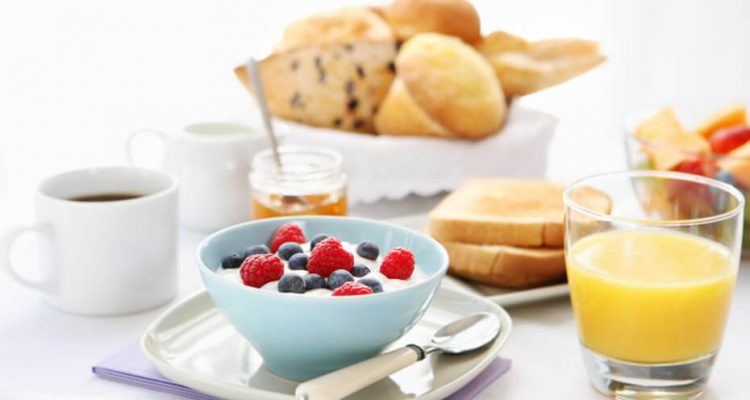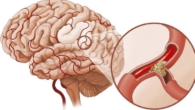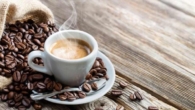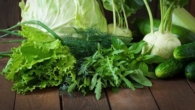
Three simple ways to make the most useful breakfast are named
0
Many nutrition experts agree on the idea that skipping breakfast is not worth it. Research has shown that people who start the morning with a high-protein and high-fiber meal tend to have a lower body mass index (BMI) and consume fewer calories throughout the day. Another study published in the Journal of Nutrition found that skipping breakfast was associated with a higher risk of type 2 diabetes.
As the nutritionist noted, there are no “magic foods or strategies that can instantly become slimmer or healthier”. However, there are a few simple techniques that will help make breakfast really useful.
First of all, it is necessary to develop a proper nutrition plan. “Good habits help build good habits in the future, so a balanced breakfast with high-fiber grains (including both whole and fortified grains), lean protein, and some fruit or vegetables can help keep you feeling full longer.” – said the doctor.
Many doctors call breakfast the most important meal of the day, because it starts the body's work after sleep and accelerates metabolism. To maintain a healthy weight, it is recommended to eat small portions every 2-3 hours. In order not to “crash” on muffins, cereals and pancakes during the day, it is best to include nuts, vegetables, seeds, fruits and whole grain products in breakfast.
Another little trick is to drink one or two glasses of water before eating. This is due to the fact that the body, first of all, needs to replenish its supply of liquid after sleep, and secondly, water can effectively suppress appetite. Studies show that drinking water reduces daily caloric intake by filling the stomach, reduces consumption of sugary drinks, and curbs food cravings. In addition, thirst is often mistaken for hunger, so water can also suppress it. One study published in the Journal of the Academy of Nutrition and Dietetics involving obese older adults found that volunteers who drank about 400ml of water 30 minutes before breakfast reduced their calorie intake at the next meal by 13%.









Leave a Reply